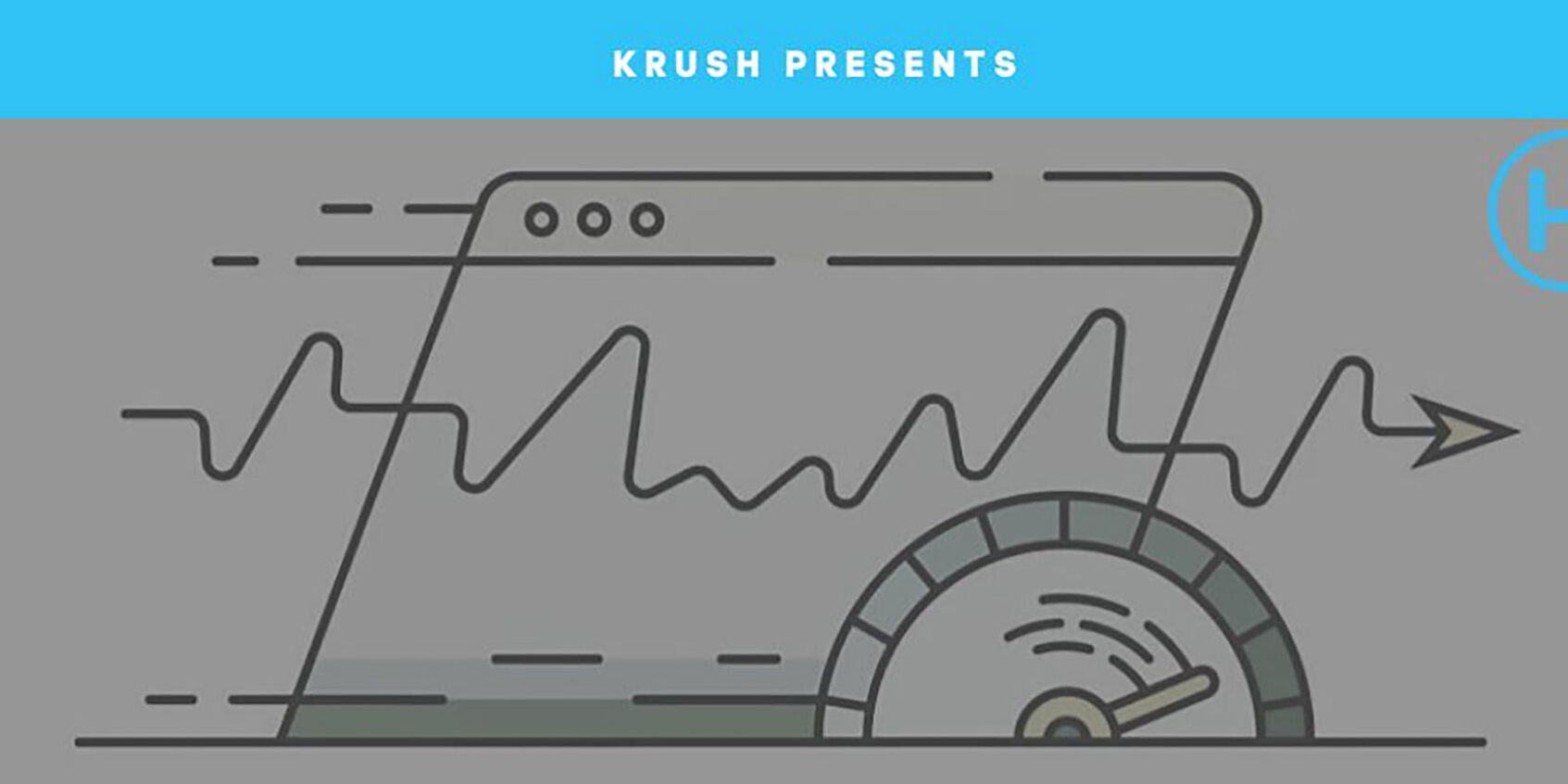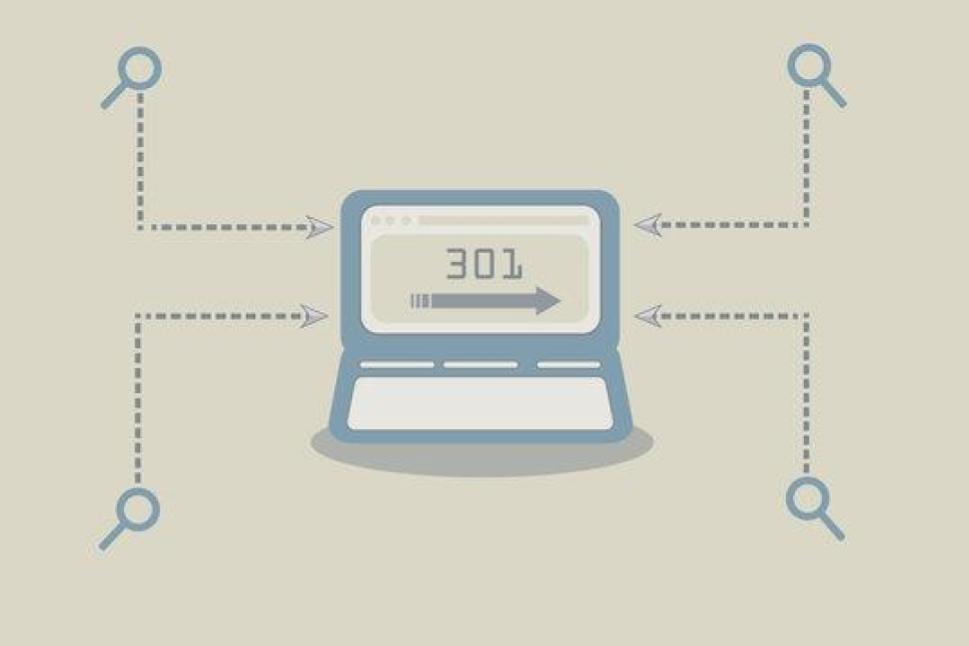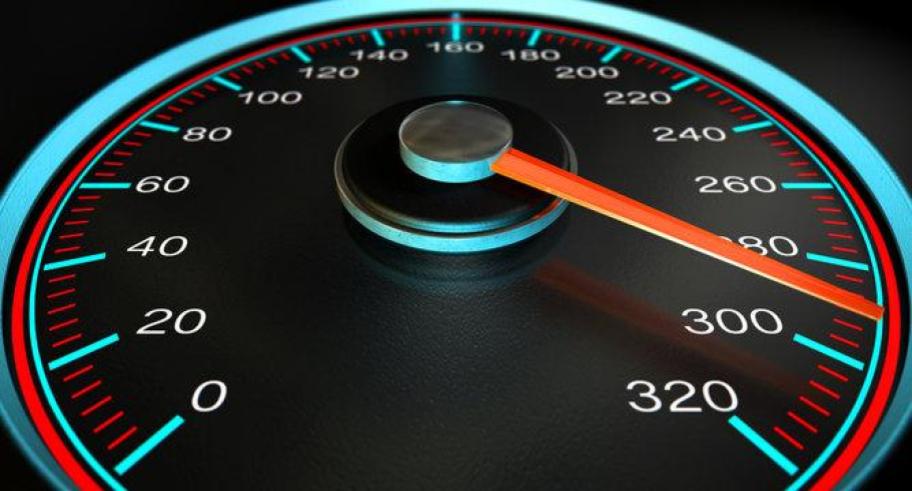When it comes to search engine ranking, website speed is one of the most important factors.
Page-load speed is one of the key components of Google’s algorithms. If pages don’t load fast enough, visitors will leave your website. The faster you can deliver information to your user, the better experience they will have.
Users look for fast, easy-to-find information. Therefore, it’s pivotal for your website to provide fast-loading pages.
| Contents |
|---|
First Things First: Check your Website’s Current Loading Time
How fast is your website? Just because your website seems fast-loading doesn’t mean it is.
Before making any assumptions, you should see how Google views your site in terms of performance. Also, take into consideration that your users also visit your site on mobile devices, and they do not count on having a fast internet connection all of the time.
There is a free tool to the public that diagnoses your page speed and other factors that can help you improve your loading time. Visit GTmetrics and type in your website domain to run a test.
After performing a GTmetrics test, you will have a much better idea of where to begin cleaning up your website.
When it comes to rankings on Google search, many factors can affect where you rank on search results for a particular keyword or keyphrase compared to your competition.
An important thing to remember is that usability is one of the more important factors that Google looks at in a website. Page speed is another major factor, along with usability and navigation.
Sites with a slow loading speed are more times than not negatively impacted by search engines. Users are more likely to leave a slow-loading website, so search engines will not show such sites to users to avoid a negative user experience.
Here at KRUSH, we have put together a list of improvements you can focus on to help you increase your page speed.
Hosting on a Faster Server
Hosting is one of the reasons for a slow page load. If you are hosting on a slow, unreliable server, it can be the root cause of a slow website. Even after perfectly optimizing your website for page speed, a slow server minimizes the visibility of your organization.
Consult with your current hosting provider to see if you are on the right plan for the size of your website.
Another option would be to switch hosting services to a provider that offers performance optimization services.
Optimize your Website’s Code
Unused JavaScript and CSS can be detrimental to your site speed. These two coding languages can slow down your site and are often a big factor in your website speed.
Often, back-end editors for websites add unneeded code that you will never use to your website, negatively affecting your speed in Google’s eyes.
Depending on your CMS, some plug-ins can help compress or minimize your unused CSS and JavaScript, making your site much lighter.

Image Optimization
Image size is another reason for slow loading pages, negatively impacting search rankings. Images should not be more than 1 MB combined in weight on a single page.
As a general rule of thumb, each image should be between 200 KB to 300 KB in weight. Of course, higher resolution photos will weigh more. If you run into issues with images being too heavy, first try saving the image in a different file format, such as a JPEG file.
It is better only to use light images to make your site faster when loading for new users.
Implement Browser Caching to Increase Website speed
By enabling caching on your website, you are telling your search engine to store a static file of your site on visitors’ computers. As a result, caching helps with the load time because it will show the image to the user right away from a file stored directly on the returning user’s computer from the first time they loaded the page.
This could have repercussions when you make significant site improvements, but overall is a good thing to do for your website. If you have not turned on browser caching, now is a great time to start.
Your Website Theme
Picking a free or inexpensive theme can be the worst decision you can make. Therefore, it is important to do your research to find out which themes use the lightest code and framework for fast-loading pages.
Just because that theme can make your website look good; doesn’t mean that it is accessible or optimal for web performance. Keep in mind that it is not too late to install the right theme for you.
The trade-off is having to do some upfront work rather than continuously compensating for the negative impacts of a heavily coded theme.
A good theme can set you up for success in many aspects if you do the proper research. Unfortunately, they can also be the downfall of your website, even if you are doing everything right.
Website Speed FAQ
Q: What is a Good Website Speed?
A: Typically, a website should load within 3 seconds and 2 seconds for an e-commerce site. Just because you meet these requirements does not mean you shouldn’t try and make your load speed faster.
Q: How much does website speed matter?
A: A lot; website speed is essential if you want people to visit your website. Statistically, around 50% of people do not wait longer than 2 seconds for a website to load.
Q: How important is site speed for SEO?
A: Page speed is a key determining factor in the Google algorithm. In fact, Google will show your website less to users if your website performance is poor.
Q: How Can I Improve Website Performance?
A: 5 Tips to Speed up your website
-
- Host On a Faster Server
- Optimize CSS & JavaScript
- Optimize Images
- Implement Browser Caching
- Pick The Right Theme
Conclusion
Website speed is one of the most important ranking factors. If you have a slow website, the odds of Google putting your information in front of users are much lower than if your website is up to quality standards.
When optimizing a website, it is always important to remember the goal that search engines use to generate income. Their main goal is to keep users on the search engine as long as possible.
Having a slow website will only upset users, which in turn causes them to have less trust in the search engine and what it will show them.
Krush is a full-service advertising agency in Oklahoma City. We specialize in brand development, graphic design, media planning, performance tracking, print services, SEO, social media, video services, as well as website design and development. Our focus is to grow your brand and your bottom line–we are your strategic marketing partner! Check out our portfolio of work and contact Krush today!









